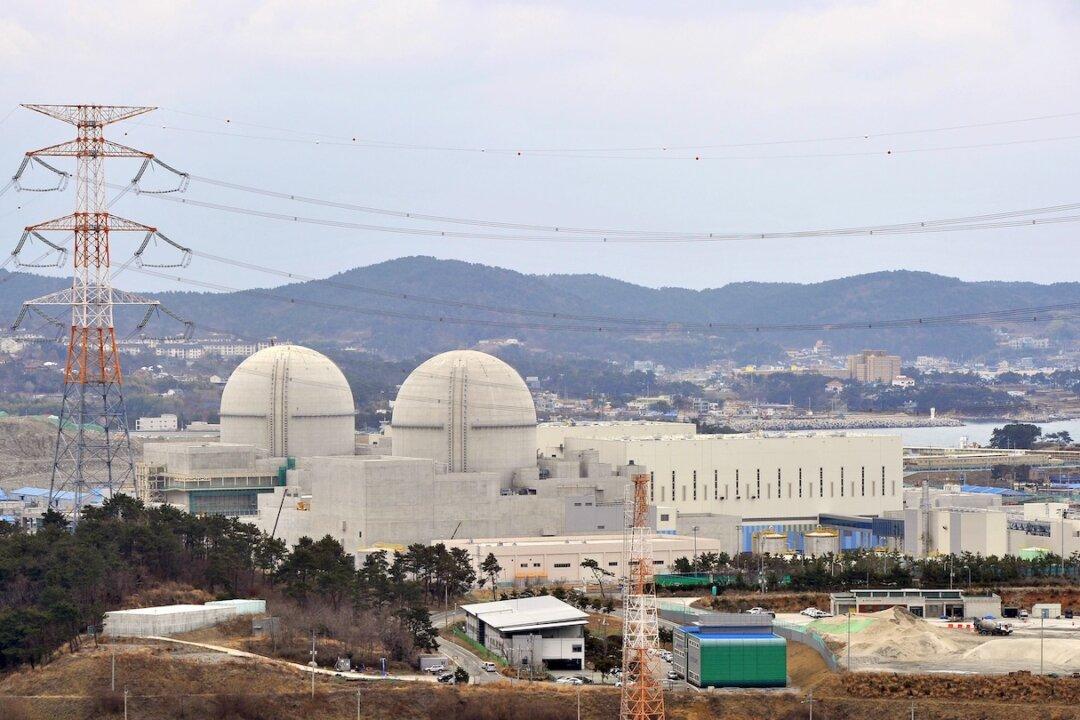South Korea and Poland have signed initial agreements to build a second nuclear power plant in Poland, as South Korea continues taking steps to revive its nuclear industry and Poland strives for a cheap and stable energy supply.
Polish energy companies ZE PAK and PGE signed a letter of intent with Korea Hydro & Nuclear Power on Monday to build a nuclear power plant in Patnow, Poland, according to South Korea’s Trade, Industry and Energy Ministry.





